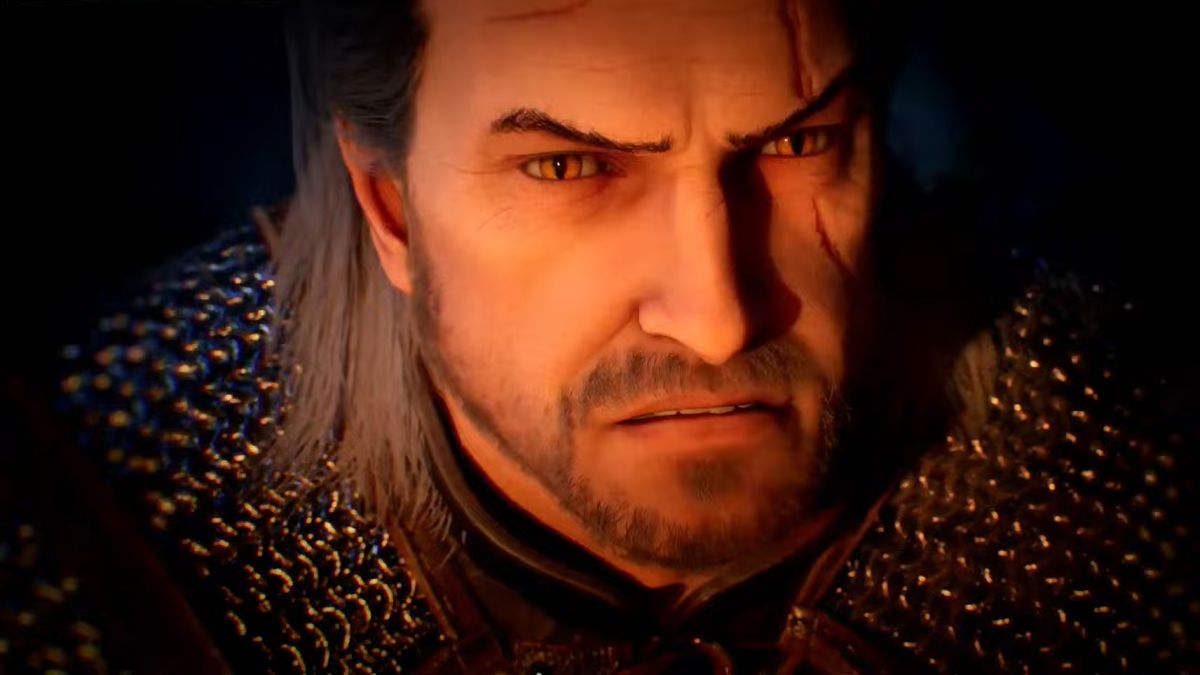
Will the esports fans of today remain esports fans by 2040?
This depends on, among other things, the staying-power of esports titles. It also depends on the staying-power and general appeal of esports teams.
Both ought to be examined.
Photo by Colin Young-Wolff/Riot Games
Esports titles: Short shelf lives?
American investors see significant growth potential in European football, largely because support of clubs is sticky and reliable. This provides a foundation of guaranteed interest — and revenue — to build from. In traditional sport, a crucial thing that is taken for granted is the stickiness of the sports themselves. Football is in the public domain. It is untouchable.
In esports, the instability of a sport poses an existential threat. Not only are fans of teams not sticky; I would argue fans of games aren’t sticky either, at least long-term, because the games themselves are not guaranteed.
Game publishers will always favor profits over the health of an esport if the latter isn’t the money maker, which it never is and likely never will be. This means the interests of an esports scene will never be paramount.
What does this mean for the industry?
It means new game releases that play well competitively could drown out existing esports titles. In such a scenario, fan transfer from one game to another is not guaranteed.
Esports fandom is usually built within a single game. The esports industry underestimates how important this is. If fandom is built in a single game, what happens to fans if an esport dies?
Here’s what happens: When John Doe’s favourite esport dies, he might not find another to care about. Fan crossover between titles is not guaranteed. Existing fan data assumes those that are fans now will remain so. But in esports, there is probably more chance than in traditional sports of fans falling out of the data entirely.
What if a new esports title comes along that attracts a significant number of CS:GO’s top players? And if s1mple, NiKo and ZywOo migrate there? What happens to CS:GO? If it eventually dies, as a fan I then have to learn (and learn to care about) a new sport, new players, new storylines and more. I think it would be more likely that most fans never show the same level of interest in another esport or team again, even if it’s the best CSGO teams at the time.
Every new title released poses a threat to existing esports titles. The limited shelf life of esports titles has implications for the staying-power of teams, too.
IEM Rio 2022 had the “craziest” crowds in 2022
Esports teams have a long road to building a sustainable fan base
Cristiano Ronaldo, a Manchester United icon, just forced his way out of the club in disgrace. United fans did not follow Ronaldo and turn on the club — that would be sacrilege.
Esports is nowhere near traditional sport in this way. In fact, the exact opposite happened with OpTic Gaming in Call of Duty. #NotMyOpTic began to trend when Hector Rodriguez, founder of OpTic, left the org.
“That aint us,” Rodriguez tweeted about the newly formed OpTic Gaming LA franchise in the CDL, in a jab at the new OpTic owner, Immortals Gaming Club. Soon, players that were synonymous with the OpTic brand, like Scump, followed Rodriguez and joined NRG. Demand for the OpTic brand declined dramatically as CDL viewership, usually propped up by OpTic’s ‘Greenwall’ fanbase, was bad for OpTic matches and good for matches of the ‘new OpTic’: NRG’s Chicago Huntsmen.
In contrast, the Glazer family’s controversial ownership of Manchester United has led to repeated protests, but has not led to a mass exodus of fans. In sport, the team is sacred, in esports it is not.
Under normal circumstances, this would come with time. Manchester United has had almost 150 years to root itself in British culture. My argument is that esports does not operate under normal circumstances. When the sport itself changes frequently, it’s more likely that fans fall through the cracks along the way; as a team, you are not building one single fanbase in esports. You are building several.
How fan affinity towards esports titles and esports teams relate
Brands still dictate much of the viewership on a major event, as we recently saw at IEM Rio Major. The grand final between Outsiders and Heroic garnered a measly peak viewership of 1.1 million, according to Esports Charts — poor for the grand final of a CS:GO Major.
Contrast this to the all-time viewership record: the grand final at the PGL Stockholm Major last year, which reached a peak viewership of 2.7 million. Crucially, this was NAVI vs G2 Esports. Stalwart brands clearly move the needle, even in esports. (Although, it has to be said, this figure might have as much to do with s1mple’s presence, the best CSGO player ever, as it does with NAVI.)
However, what this proves is that people wanted to watch NAVI vs G2 in Counter-Strike. It does not show the strength of the NAVI or G2 brand across titles.
A Newzoo study from 2020 showed that there is surprisingly little fan crossover between esports titles. Valve might decide to release a new FPS, and shutter CS:GO as a result. It probably won’t anytime soon, but it could. If that were to happen, decades of Counter-Strike legacy reach their conclusion.
© PGL
Who is to say the now-homeless fans would care about any other esport?
Are NAVI fans poised with bated breath to see how the club’s Valorant team performs next year? I don’t think so.
There are NAVI CSGO fans, NAVI Dota 2 fans, and perhaps in time, a strong contingent of NAVI Valorant fans. There will be some brand-driven crossover between titles but not much, despite the strength of the NAVI brand. Fundamentally, people are fans of a sport or esport first. Enjoyment of a game begets support of teams within that game — not the other way around.
This is the Esports Fan-Shallowness Problem: because new games will always be released by profit-driven publishers, the roots of esports fandom will never be as deep as those of traditional sport because in esports the sport itself changes frequently — and true, long-lasting fandom is about deep history over many decades. Games will be popular upon launch and peter out over time because there is so much competition from new games. If a fresh history must be written with every new esports title, teams have less opportunity to penetrate popular culture, because people’s affinity for teams is dependent on their enjoyment of a single sport.
We may not have experienced much of it yet, but we will. In a world where a game’s competitive scene will never be prioritized, said competitive scene will be left to the whims of the publisher. Fandom of both game titles and teams will thus be shifty, which will destabilize the industry as a whole. Long-term, this lowers the ceiling of esports.
Read next: What to do about the increasing problem of player burnout?








